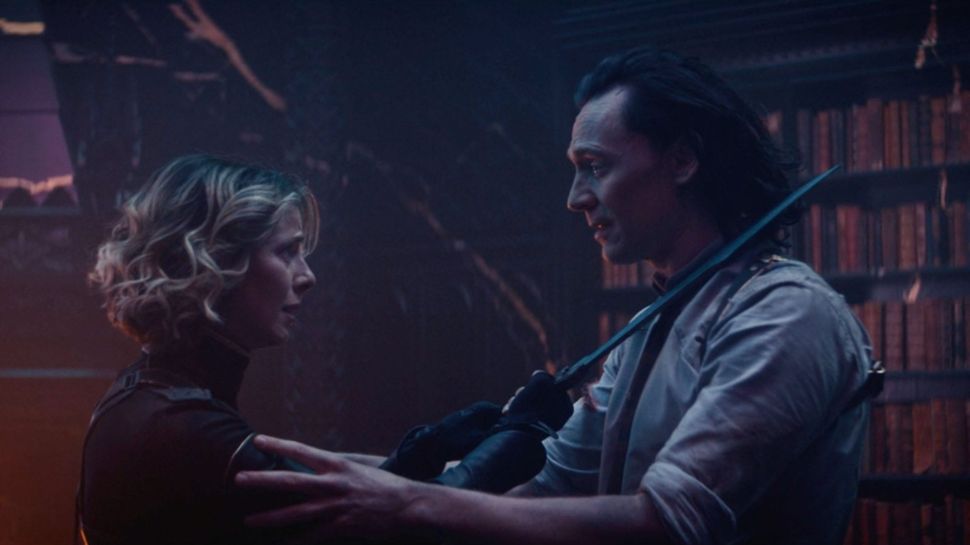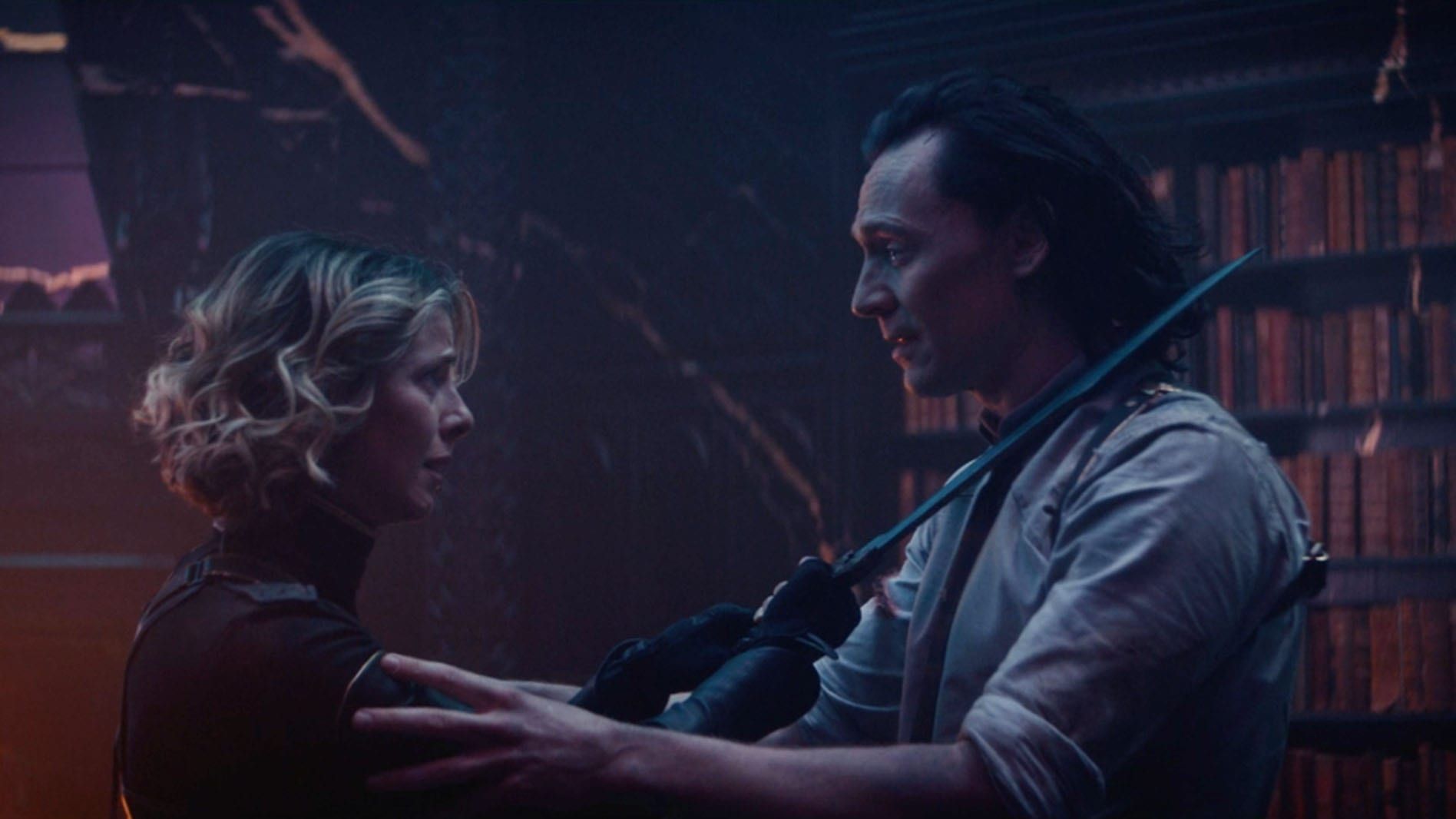
“For All Time. Normally.†Disney+
The next write-up incorporates spoilers for Loki’s Season 1 finale “For All Time. Generally.â€
It all felt incredibly Disney. With a kiss and a swell of strings, Loki’s season finale sealed its title character’s redemption arc as he appealed not to chaos but steadiness, even if security meant his very own absolutely free will was a lie. It’s a radical departure from the Loki we’ve followed through the previous 10 years of Marvel movies—a person who responded to a childhood of neglect and disappointment by becoming a literal trickster god, the freest deity in his pantheon.
But faced with a doable war concerning infinite universes and a menace in opposition to the lives of a couple of men and women he’s grown close to, Loki is burdened by the pounds of accountability. The arc of Loki bends toward justice, seemingly.
Or at least that’s what the present feels like it would like us to imagine 6 episodes in, following seeing time cops kill and blow up worlds, listening to over and in excess of all over again about apparent “Time Keepers†purple herrings and observing a bunch of Lokis betray each individual other in the penultimate entry. On some stage we’re intended to root for Loki’s latest self-actualization into a hero who sacrifices his need for regulate to serve a bigger good.
The challenge, though, is that the unachievable premise of “For All Time. Usually.†conflates goodness with the standing quo. The decision Loki (Tom Hiddleston) and Sylvie (Sophia Di Martino) are introduced with is an extremely hard a single: get rid of the male at the rear of the curtain and prevent erasing whole timelines out of existence, or spare him and threat infinitely multiversal war. Sylvie explanations that it could all be a lie, spurns Loki’s kiss, and kills “He Who Stays,†aka Marvel’s Kang the Conqueror (Jonathan Majors) in any case.
Superhero comics and films are produced to offer with not possible quandaries like these, but they’re only worthy of a damn if their characterization feels steady. It rings bogus that Loki, a god whose defining features are failure and gamesmanship, would study all his moves have been rigged and not eliminate the male accountable, or—more likely—deploy some other trickery to undermine possibly Kang or Sylvie or equally in the episode’s final moments. Even worse: it forces Loki, a demonstrate which is at the very least passingly interested in significant questions of free will, identity and trauma, to all over again play the function of desk-setter for the MCU’s Stage 4, which will introduce the multiverse by itself in subsequent flicks.
And rather of evolving our beloved trickster into a new part, possibly as head of the TVA or as a new “He Who Remains†at the conclusion of time, as pre-ordained by Marvel’s narrative masters, Loki finishes the time appropriate back the place he was at the begin, as an analyst at the TVA. He’s a little bit smarter, and he is created unhappy and heartbroken and lonely from finding out a truth of the matter that Mobius (Owen Wilson) and Hunter B-15 (Wunmi Mosaku) have been memory-wiped absent from, but it feels inert. We’ve viewed unhappy, heartbroken, lonely Loki right before now he’s not even pleasurable.
You could say the same for Sylvie, who commenced the year as an immiserated agent of vengeance and ends the time that way way too. Absolutely she and Ravonna Renslayer (Gugu Mbatha-Raw) and the rest of this cast will also be back again for Year 2, but why and to do what exactly? Fight Kang? No, he’s next showing up in the 3rd Ant-Guy motion picture, so that looks improper. Fight the complete multiverse? No, that’ll probably be Period 4’s Endgame-fashion staff-up. Prune extra timelines? Been there, performed that, still seems morally sus. The very simple reply is that they’ll be back again for much more since the Marvel Cinematic Universe is at this point a perpetual motion equipment of material, in which a factor only exists to set up the following detail.
There’s a minute in Episode 5, “Journey Into Thriller,†wherever amid a chaotic fray among lying Loki variants, Tom Hiddleston’s major character appears to be like exasperated at the deception and selves-sabotage he watches participate in out. It is one more trace that his Loki was establishing much more into a hero than the “conniving, craven, pathetic worm†he used to be. But his onscreen weariness feels like a sad admission that the clearly show ran out of strategies to make its trickster intelligent enough to sustain getting a trickster. In the close Loki was just yet another teaser for extra Marvel houses.

